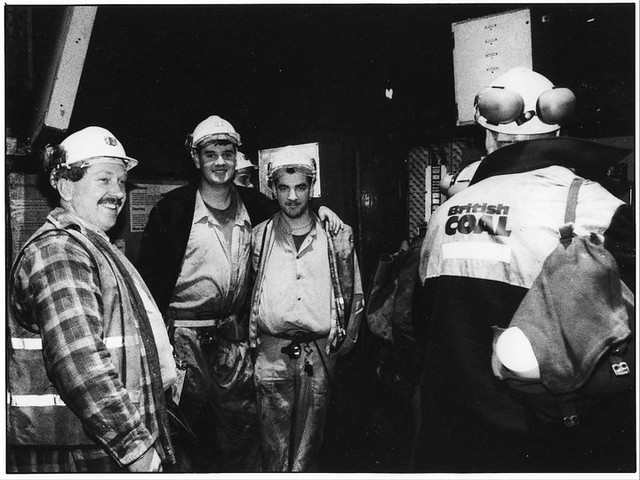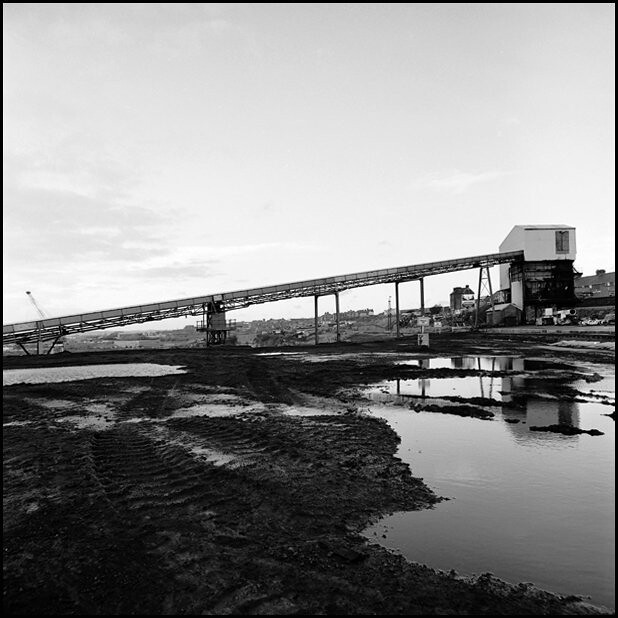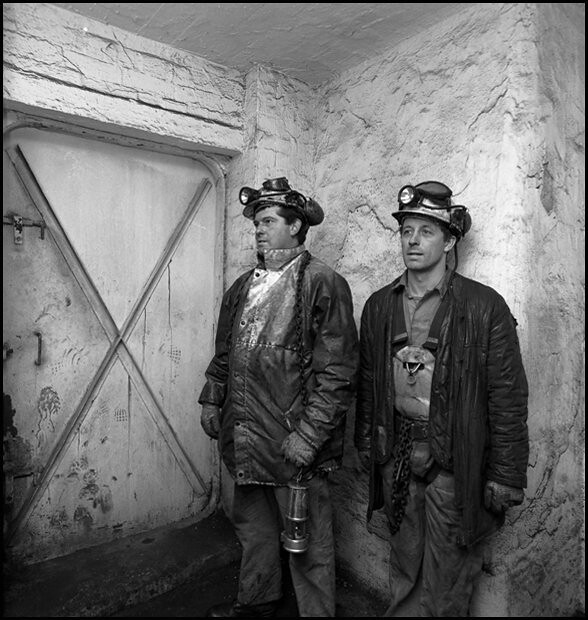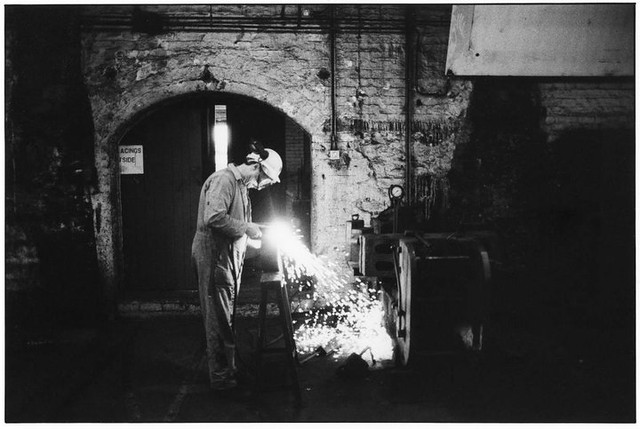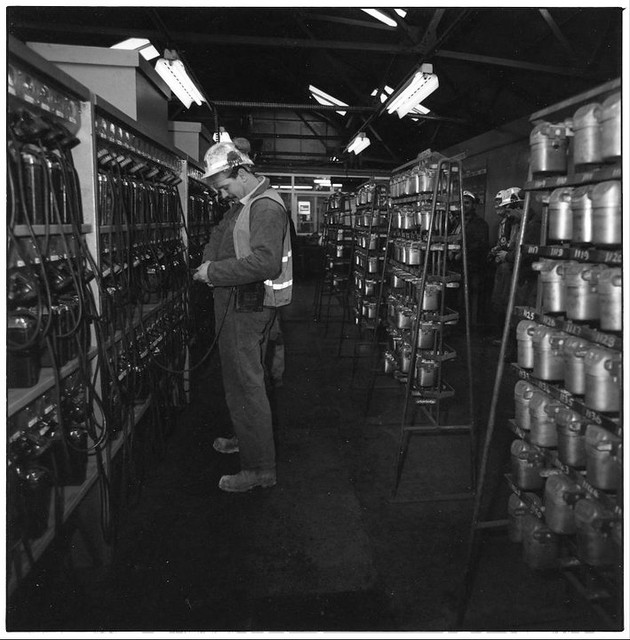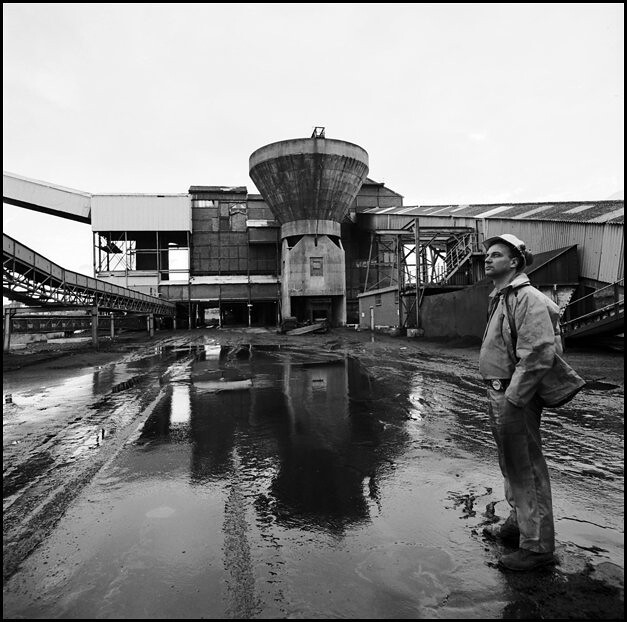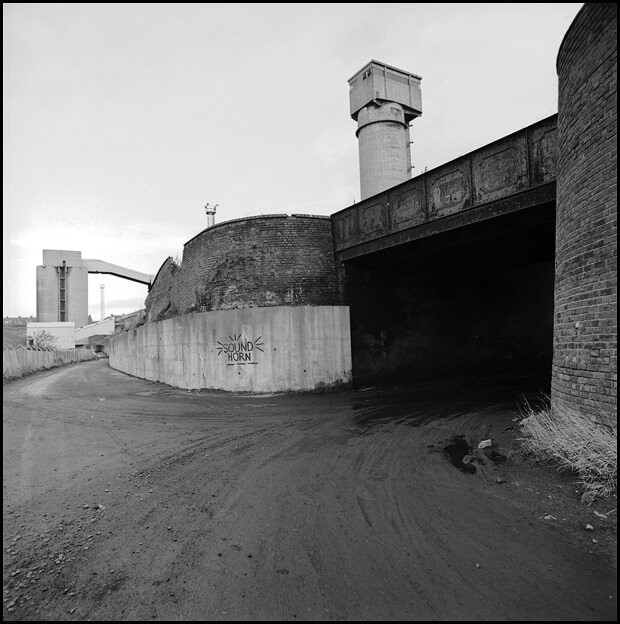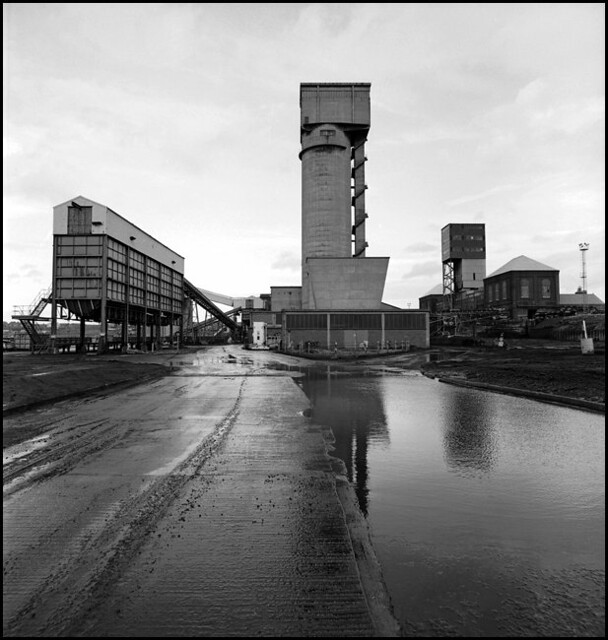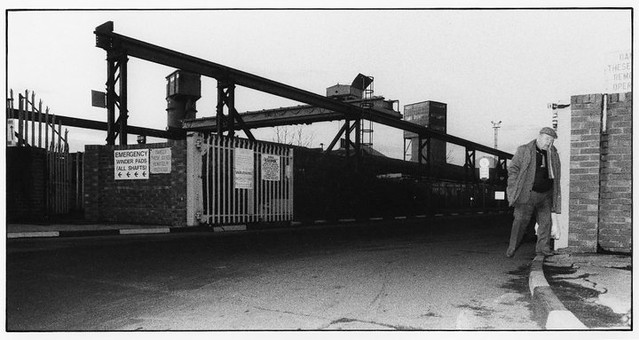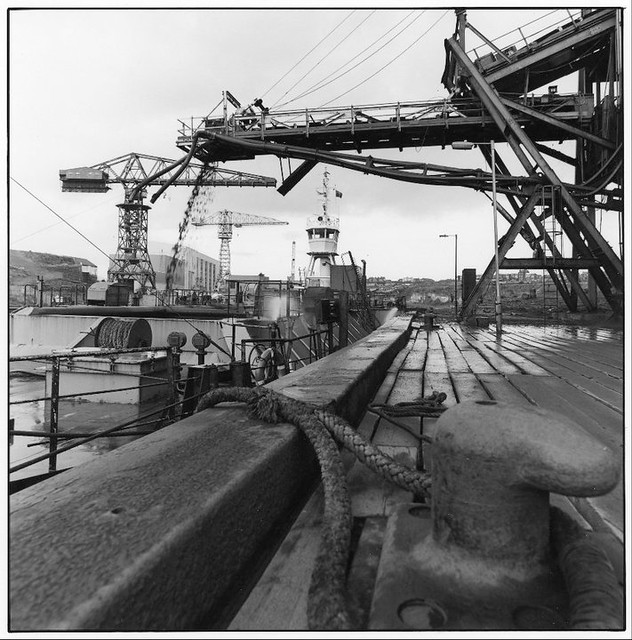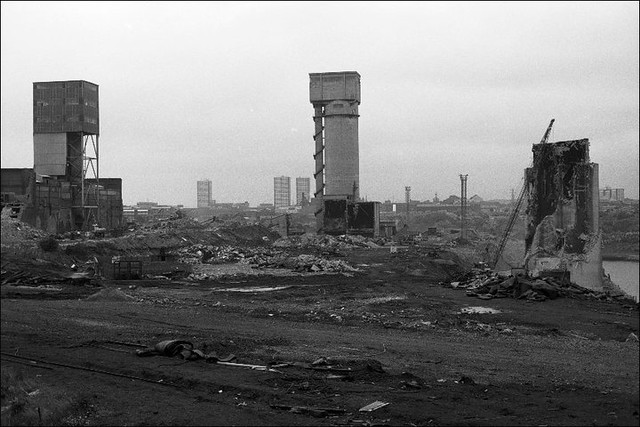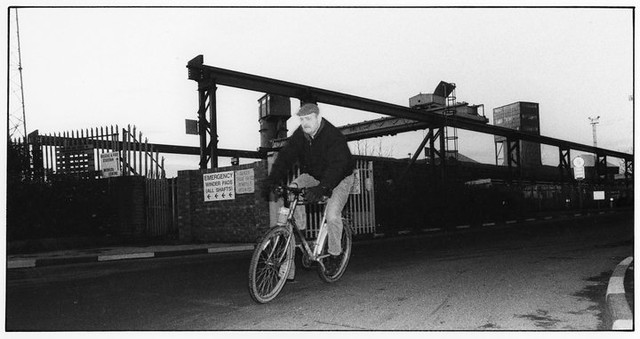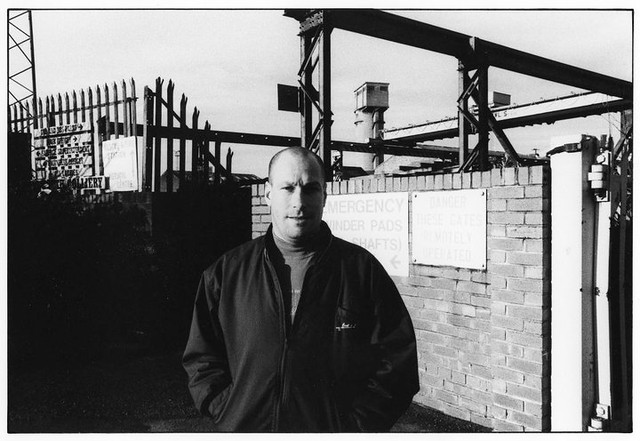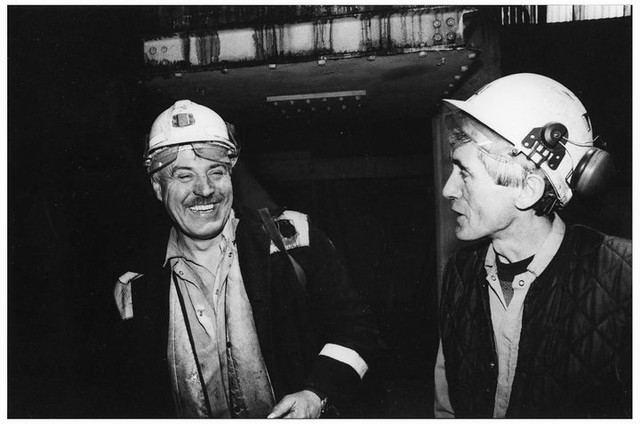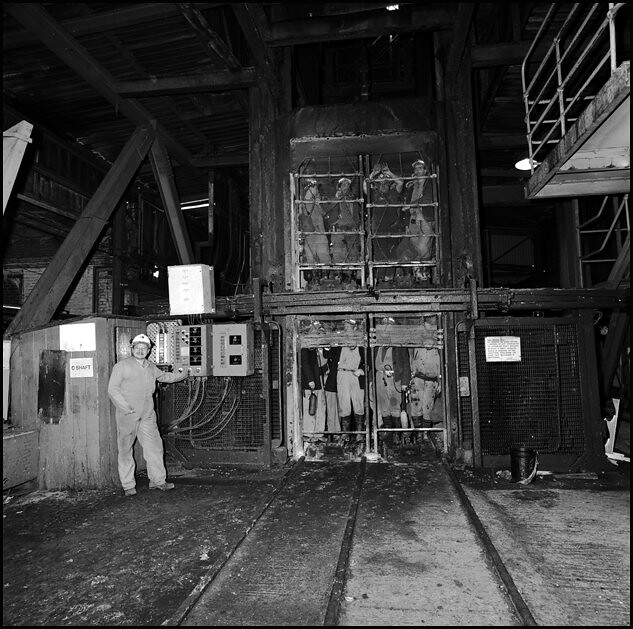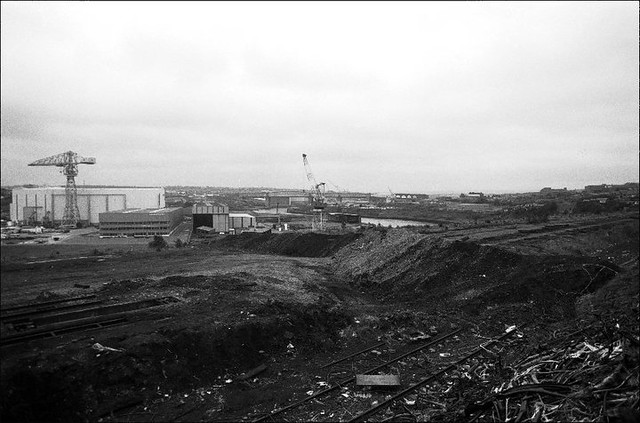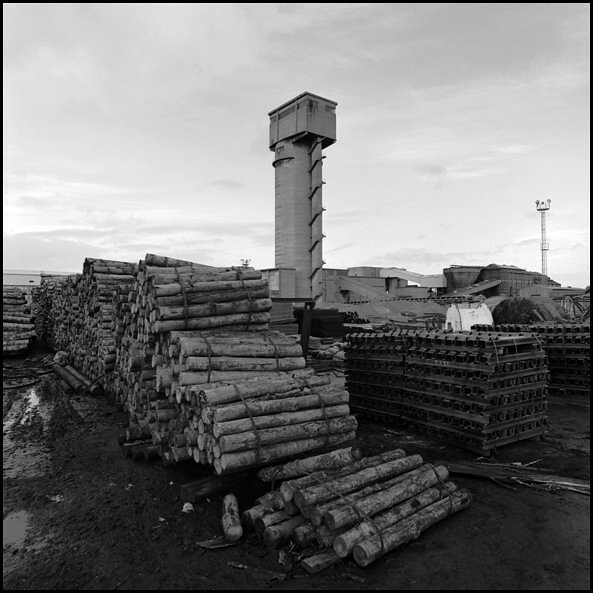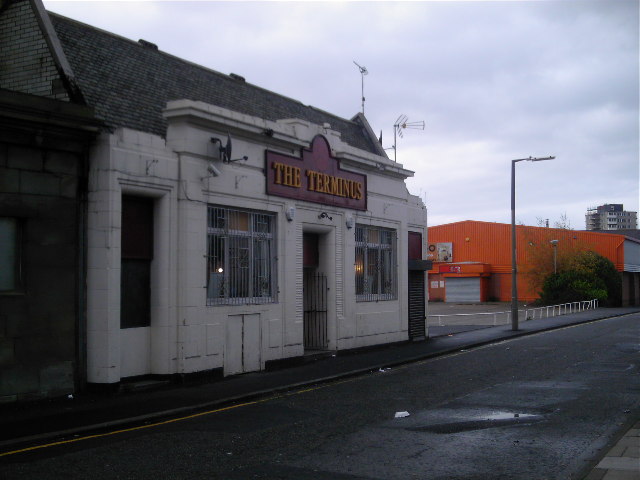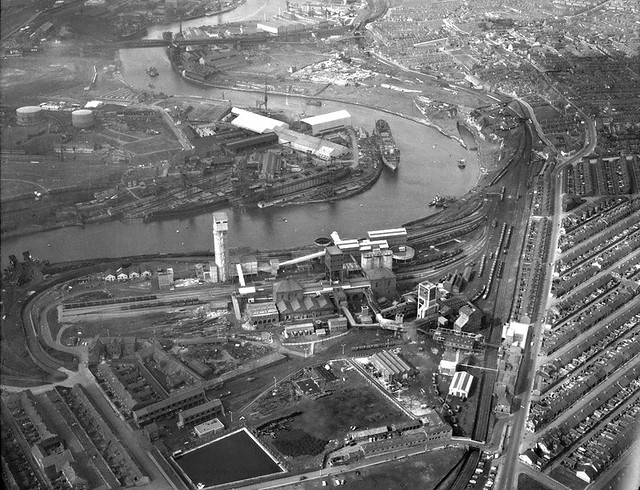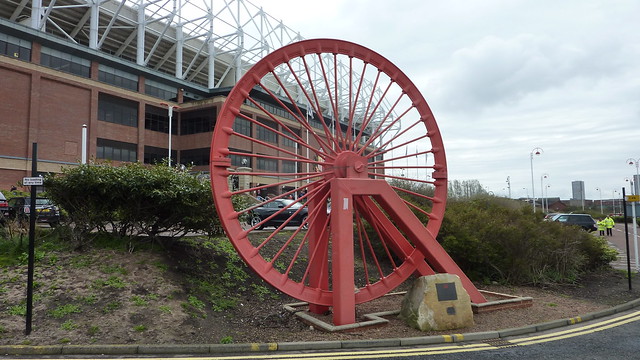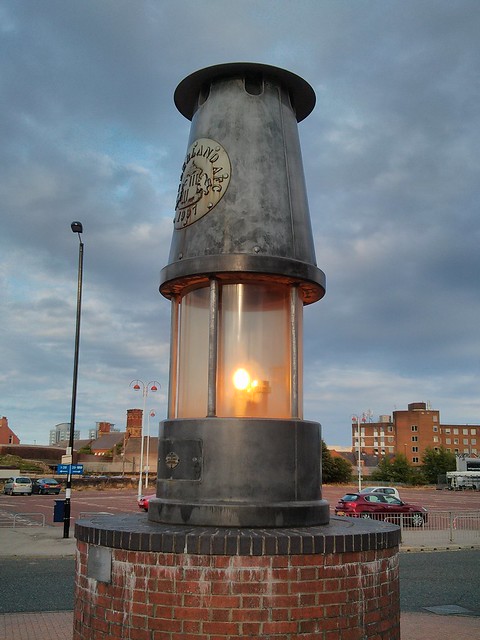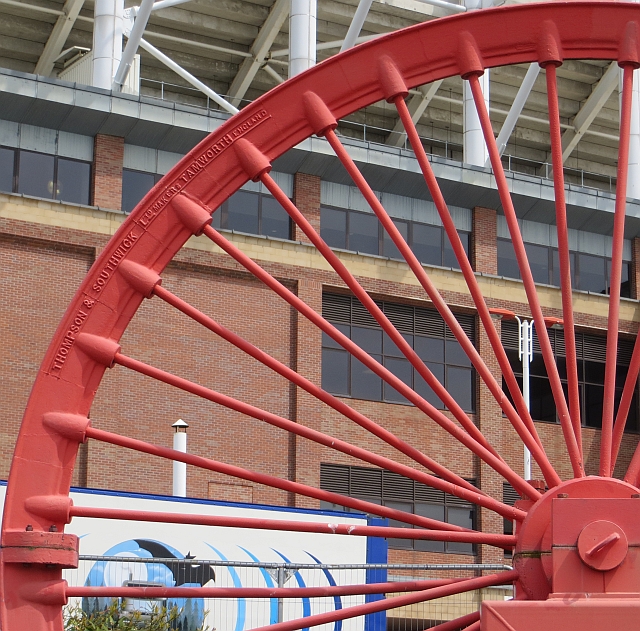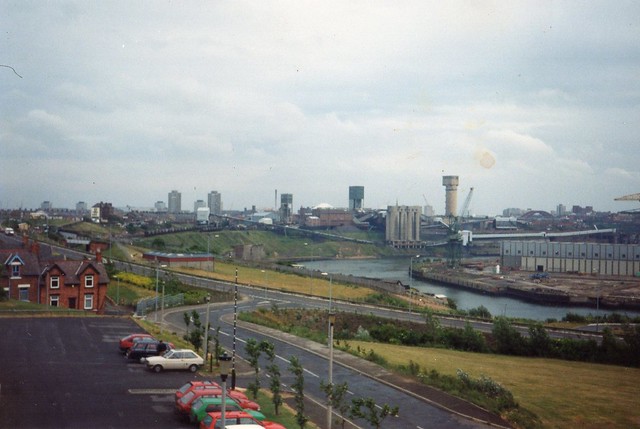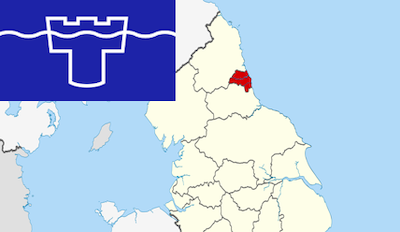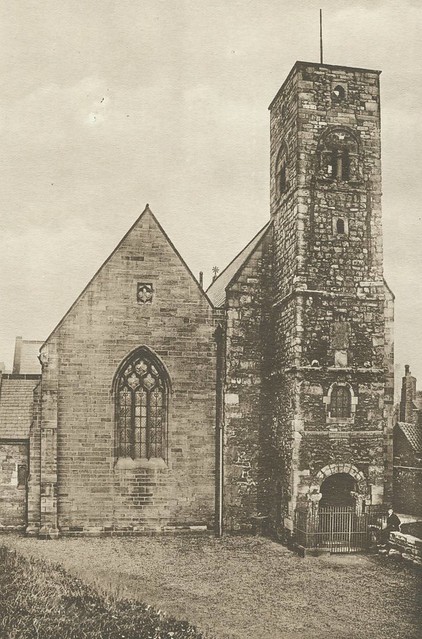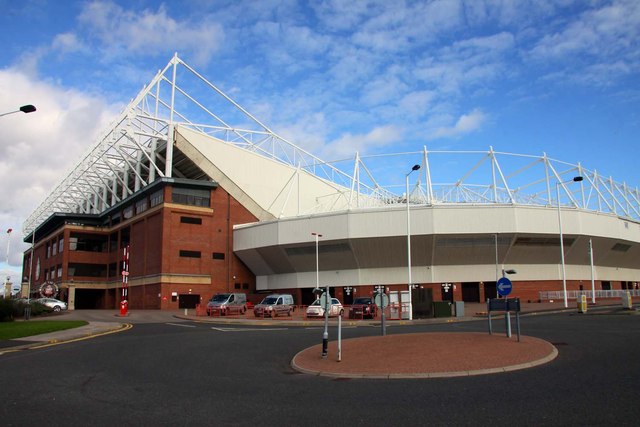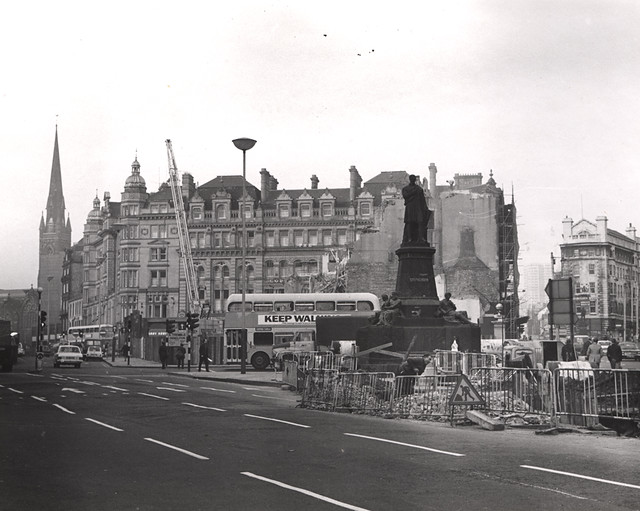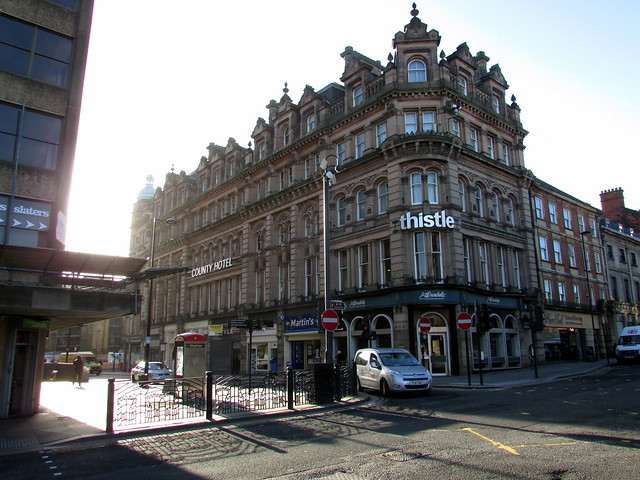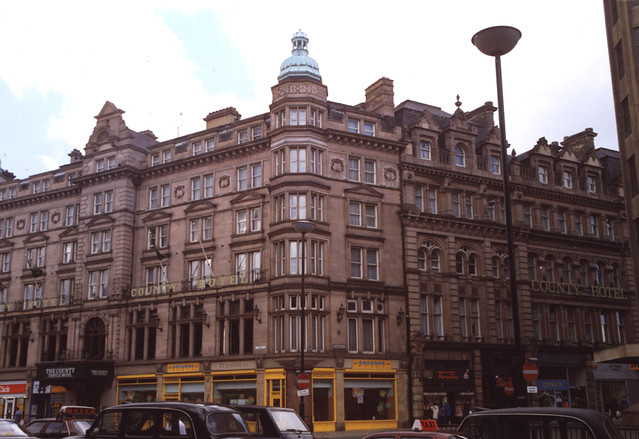Topics > Tyne and Wear > Sunderland > Wearmouth > Wearmouth Colliery (1835-1993)
Wearmouth Colliery (1835-1993)
Monkwearmouth Colliery (or Wearmouth Colliery) was a major North Sea coal mine located on the north bank of the River Wear, located in Sunderland. It was the largest mine in Sunderland and one of the most important in County Durham in northeast England. First opened in 1835 and in spite of the many accidents at the pit, the mine was the last to remain operating in the County Durham Coalfield. The last shift left the pit on December 10, 1993, ending over 800 years of commercial coal mining in the region. The Colliery site was cleared soon afterwards, and the Stadium of Light, the stadium of Sunderland A.F.C., was built over it, opening in July 1997 to replace nearby Roker Park.
Visit the page: Monkwearmouth Colliery for references and further details. You can contribute to this article on Wikipedia.

from https://sitelines.newcastle.g…
Tyne and Wear HER(2743): Monkwearmouth, Wearmouth Colliery (Pemberton Main)
- "Sunk from 1826 to 1834 to a depth of 1578 feet Wearmouth was one of the pioneering deep mines which penetrated the magnesian limestone strata of the area. It was …
Added by
Simon Cotterill
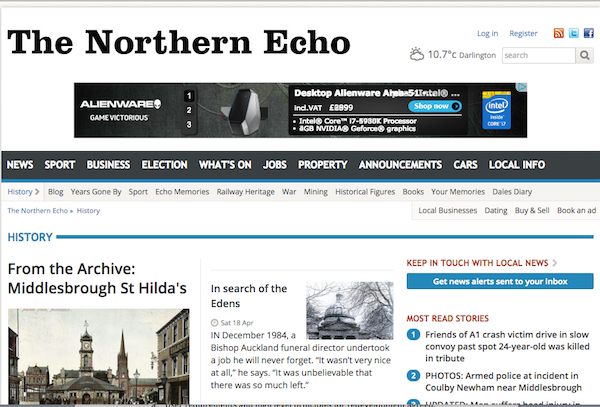
from http://www.thenorthernecho.co…
War declared in coalfields as miners strike to save pits
- Article about the Miners Strike, including photos from County Durham and Northumberland. "...THEIR names march out of the past like ghosts from a forgotten battlefield: Sacriston, Dawdon, Murton, Easington, Horden, …
Added by
Simon Cotterill


from https://sitelines.newcastle.g…
Tyne and Wear HER(2743): Monkwearmouth, Wearmouth Colliery (Pemberton Main)
- "Sunk from 1826 to 1834 to a depth of 1578 feet Wearmouth was one of the pioneering deep mines which penetrated the magnesian limestone strata of the area. It was …
Added by
Simon Cotterill

from http://www.thenorthernecho.co…
War declared in coalfields as miners strike to save pits
- Article about the Miners Strike, including photos from County Durham and Northumberland. "...THEIR names march out of the past like ghosts from a forgotten battlefield: Sacriston, Dawdon, Murton, Easington, Horden, …
Added by
Simon Cotterill
